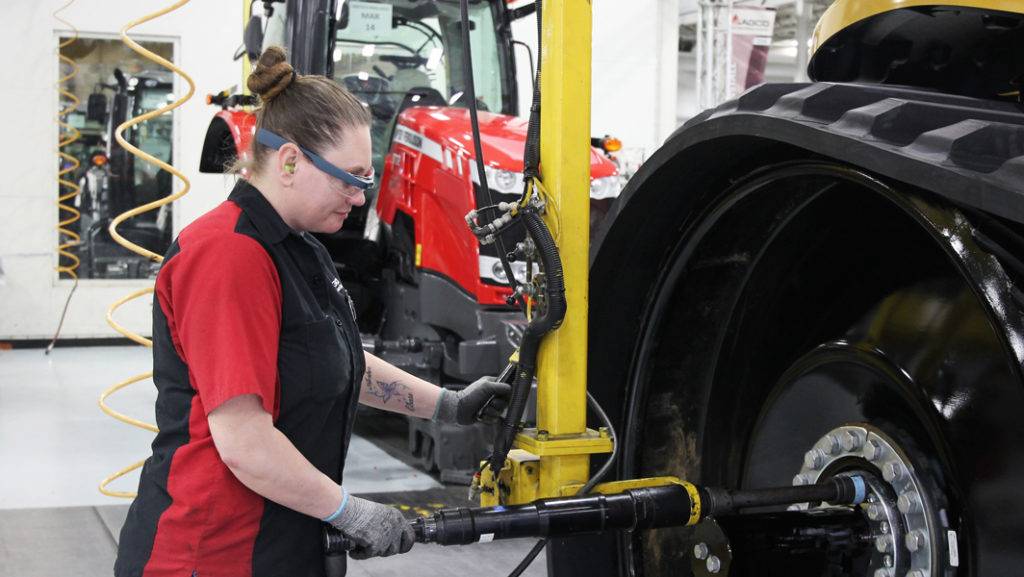After two years in the dark, Google Glass has returned, launching a new enterprise edition (EE) that several major corporations have already deployed into their workforce.
Google Glass EE improves on the first model — sold to enthusiasts for $1,500 — with better networking, security, a faster processor, more battery life, and a higher megapixel camera.
See Also: Google slashes needs for YouTube creators working on VR content
The search giant has listened to complaints over the last two years, as corporations trialled the technology in secret. When recording video, Google Glass now flashes a green light, and the electronics can be unclipped from the frame and added to normal prescription lenses.
The software has also been improved to work in multiple workplace environments. DHL, General Electric, Samsung, and Volkswagen, amongst others, have built software on-top of Glass, which employees use as step-by-step guides on how to perform a task.
Building employee performance
Results over the two years show a significant increase in performance by employees that wear Google Glass. According to Backchannel, AGCO, an agriculture equipment manufacturer, is so impressed by Glass that is plans to order between 500 to 1000 devices in the next 18 months, enough for its entire workforce.
Glass was touted as the possible successor to the iPhone when it was first revealed, but that seems very unlikely now, and Google has seemingly settled on its usefulness in the enterprise.
That said, Apple is exploring ways to make augmented reality palatable to consumers, launching ARkit at WWDC this year. IKEA will launch an AR app as one of Apple’s launch partners this fall.

















